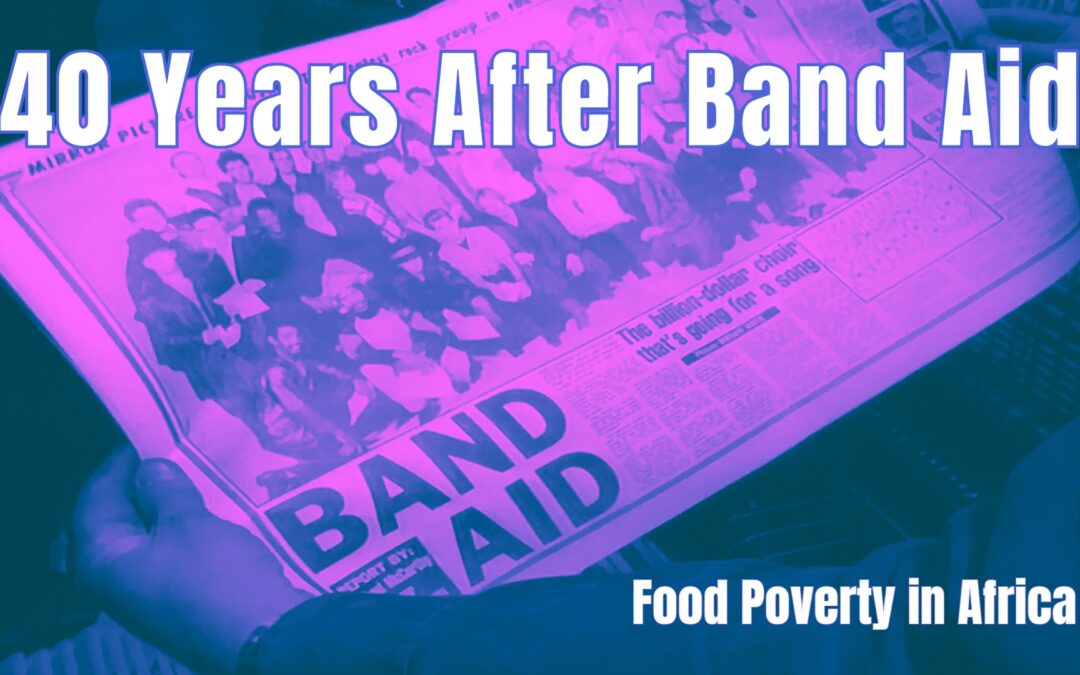It was Christmas 1984…
and the world was moved to act with generosity by the song, “Do They Know It’s Christmas?” A plea for aid to address the devastating famine in Ethiopia by the newly formed charity supergroup, Band Aid. For me at 15 years old, it was a profound awakening to the reality of suffering and injustice. The song was awesome and the video ran often on MTV, showing a huge collaboration between some of the biggest names in pop music at the time.
The record was released on December 7th, 1984 and went straight to No. 1 in the UK singles chart, outselling all the other records in the chart put together. It became the fastest-selling single of all time in the UK, selling a million copies in the first week alone. It stayed at No. 1 for five weeks, selling over three million copies. (Wikipedia)
I remember buying several copies of the 45 and feeling good that my purchase had been helpful to others, not just for me. A portion of every purchase went to the Band Aid fund for Ethiopia. The song rallied artists, governments, and millions of donors like me, raising over $24 million for famine relief.
Now forty years later, what’s really changed? Despite billions of dollars in aid and countless initiatives, food poverty and insecurity remain entrenched in Africa. In fact, the situation has worsened in some areas, exacerbated by the escalating climate crisis and industrial agriculture practices that have left soils depleted and communities vulnerable.
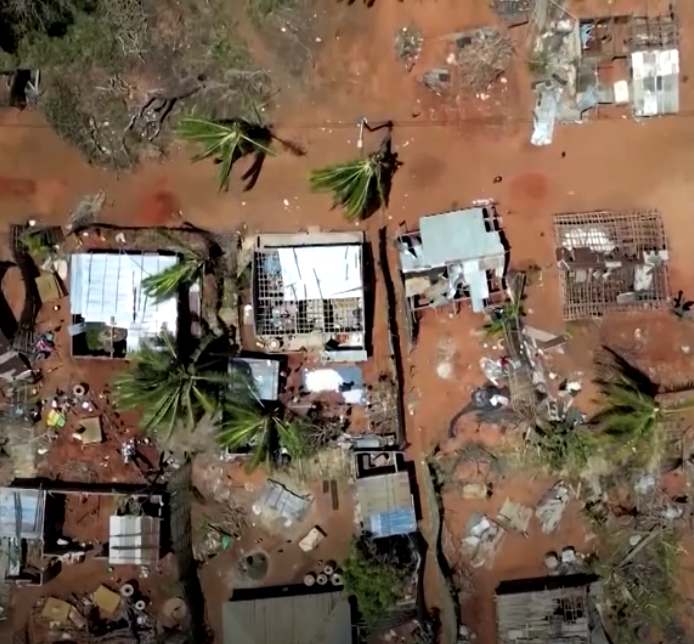
Above: Screenshot of drone footage showing damage from cyclone Chido in Mozambique. (Reuters)
The Climate Reality: It’s getting worse
Today, 282 million people in Africa face food insecurity, a number that dwarfs the challenges of 1984. The causes are complex, but one thing is clear: the climate crisis is making an already dire situation worse. Cyclone Chido, which tore through parts of Mozambique and Malawi earlier in December, left devastation in its wake. In Mozambique alone, over 90,000 children are struggling to rebuild their lives, while in Malawi, hardpan soil—compacted like cement—has made it nearly impossible for farmers relying on conventional farming to recover after the floods.
Extreme weather events like Cyclone Chido are becoming more frequent and intense, turning fertile lands into disaster areas. Millions are displaced by loss of arable land. Rising temperatures, erratic rainfall, and prolonged droughts are crippling the ability of smallholder farmers, who make up the majority of Africa’s agricultural workforce, to grow enough food to feed their families.

…these practices have left African soils depleted, vulnerable to erosion, and unable to retain water, a death sentence for farmers facing the intensifying climate crisis.
The Role of Industrial Agriculture: Profit, not People
For decades, industrial agriculture has been championed as the solution to Africa’s food problems. Organizations like AGRA (Alliance for a Green Revolution in Africa), heavily funded by the Bill & Melinda Gates Foundation, have poured billions into promoting chemical fertilizers, hybrid seeds, and monocropping systems. The promise was to double yields and reduce hunger.
But instead of prosperity, this model has delivered debt, degraded soils, and dependency on expensive inputs. Many farmers have been forced to sell their land or possessions just to survive. Worse still, these practices have left African soils depleted, vulnerable to erosion, and unable to retain water—a death sentence for farmers facing the intensifying climate crisis.
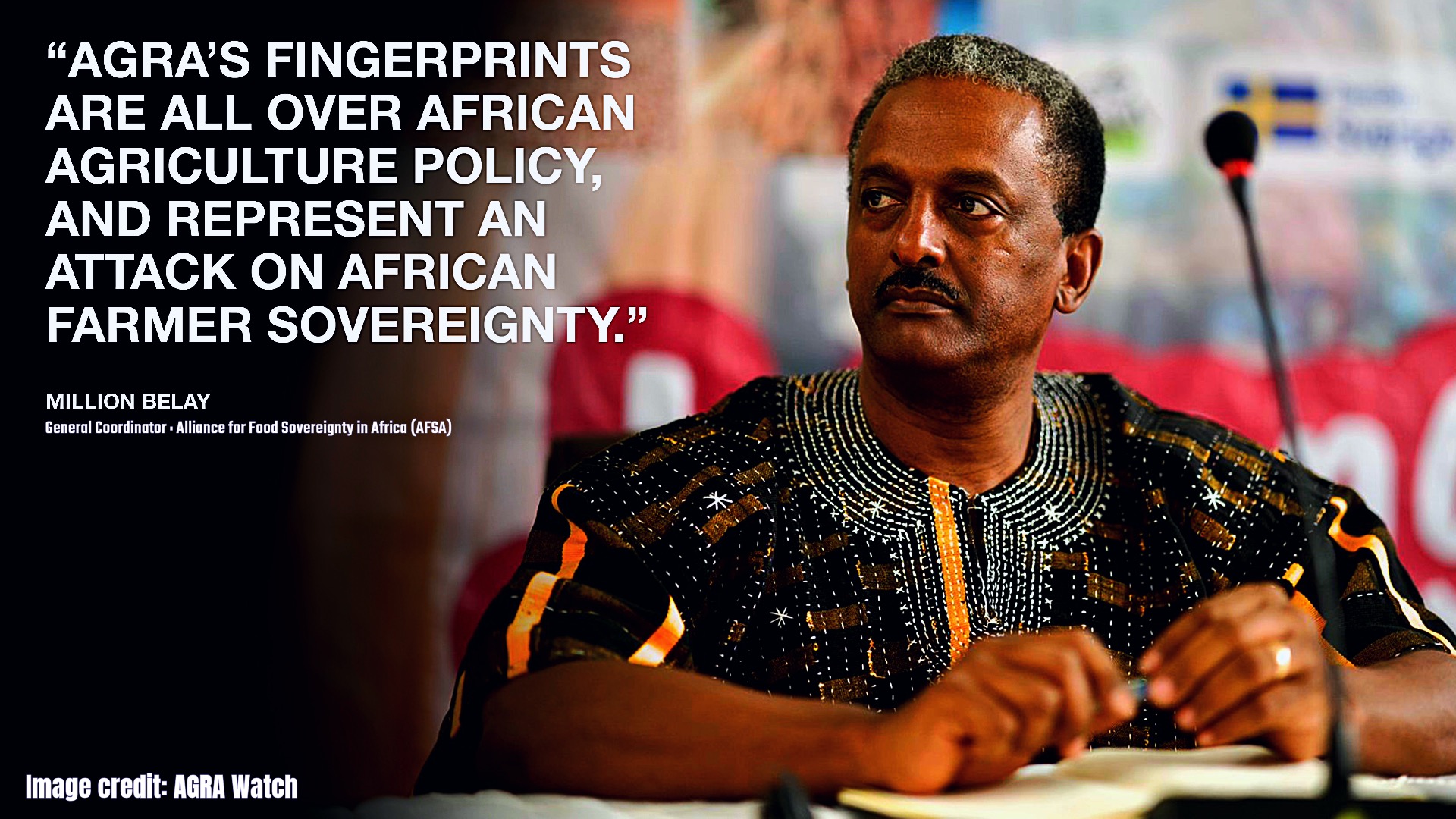
Image credit: AGRA Watch
Conservation Smart Agriculture
While industrial agriculture has failed to deliver, solutions rooted in conservation agriculture are proving transformative. Tiyeni, a Malawian organization, has pioneered, Deep Bed Farming (DBF), a low-cost, climate-smart method that regenerates soils and boosts yields without relying on expensive chemicals.
DBF involves breaking through the hardpan soil to allow water and roots to penetrate deeply. It is paired with techniques like intercropping, composting, and mulching, which improve soil fertility and resilience. The results speak for themselves:
Resilience to Floods: After heavy rains, DBF fields remain intact and productive, while conventionally farmed fields are often washed away taking topsoil with it.
Higher Yields: Farmers using DBF often double their crop yields in the first year.
Sustainability: DBF restores soil health over time, reducing the need for chemical fertilizers and making it accessible for resource-poor farmers.
This approach is not just about growing food, it’s about creating a system that works in harmony with nature, builds resilience to climate change, and empowers communities.
Right: A farmer in Malawi planting seeds in a Deep Bed field.
Below: A farmer in Malawi planting seeds in a Deep Bed field.
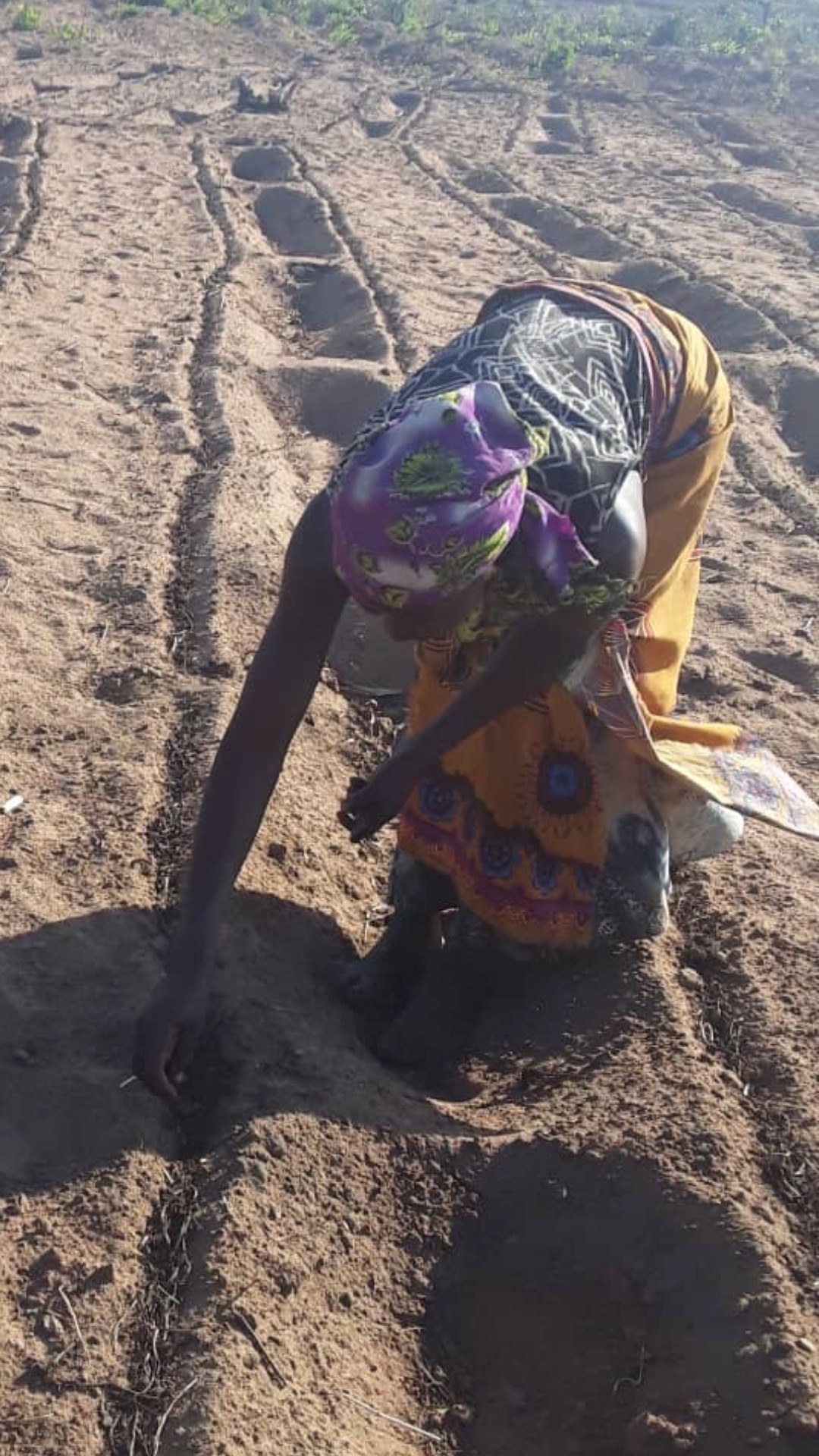

The reality is that money alone cannot fix degraded soils, reverse climate change, or empower farmers to rebuild their communities.
Aid Isn’t Enough
Direct aid has saved lives in the short term, but it has done little to address the root causes of food insecurity. The billions raised by campaigns like Band Aid have not resulted in sustainable solutions. The reality is that money alone cannot fix degraded soils, reverse climate change, or empower farmers to rebuild their communities. A people first approach is needed, one that doesn’t line the pockets of big business, which seems to be the primary purpose of AGRA.
What Africa needs now is investment in long-term solutions like DBF. Conservation smart agriculture offers a way to tackle food poverty at its source, providing farmers with the tools and knowledge to restore their land, feed their families, and adapt to a changing climate.
References
https://afsafrica.org/pulling-back-the-veil-agras-influence-on-africas-agricultural-policies/
https://www.aljazeera.com/news/2024/12/19/cyclone-chido-death-toll-in-mozambique-rises-to-73
https://en.wikipedia.org/wiki/Band_Aid_(band)
https://www.reuters.com/video/watch/idRW809118122024RP1/?chan=environment
https://usrtk.org/bill-gates/gates-foundation-agriculture-project-in-africa-flunks-review/
https://usrtk.org/bill-gates/agra-donors/
https://afsafrica.org/press-release-200-organisations-urge-donors-to-scrap-agra/
About Tiyeni
Tiyeni is a Malawian NGO with a UK funding arm. They show farmers how to improve their crop yields using an extremely low-cost, low-technology set of methods that they’ve pioneered. It’s an advanced and highly effective form of climate-smart agriculture (CSA). Learn more about Tiyeni.

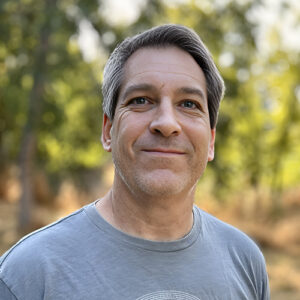
About the author
I’m John Ellis, a people before profit kinda guy and permaculture evangelist. I write about the environment and the corporate destruction of our planet for profit. I believe the only way we survive is if capitalism dies. I can be reached at The Chophouse: john@chophousevideo.com.

